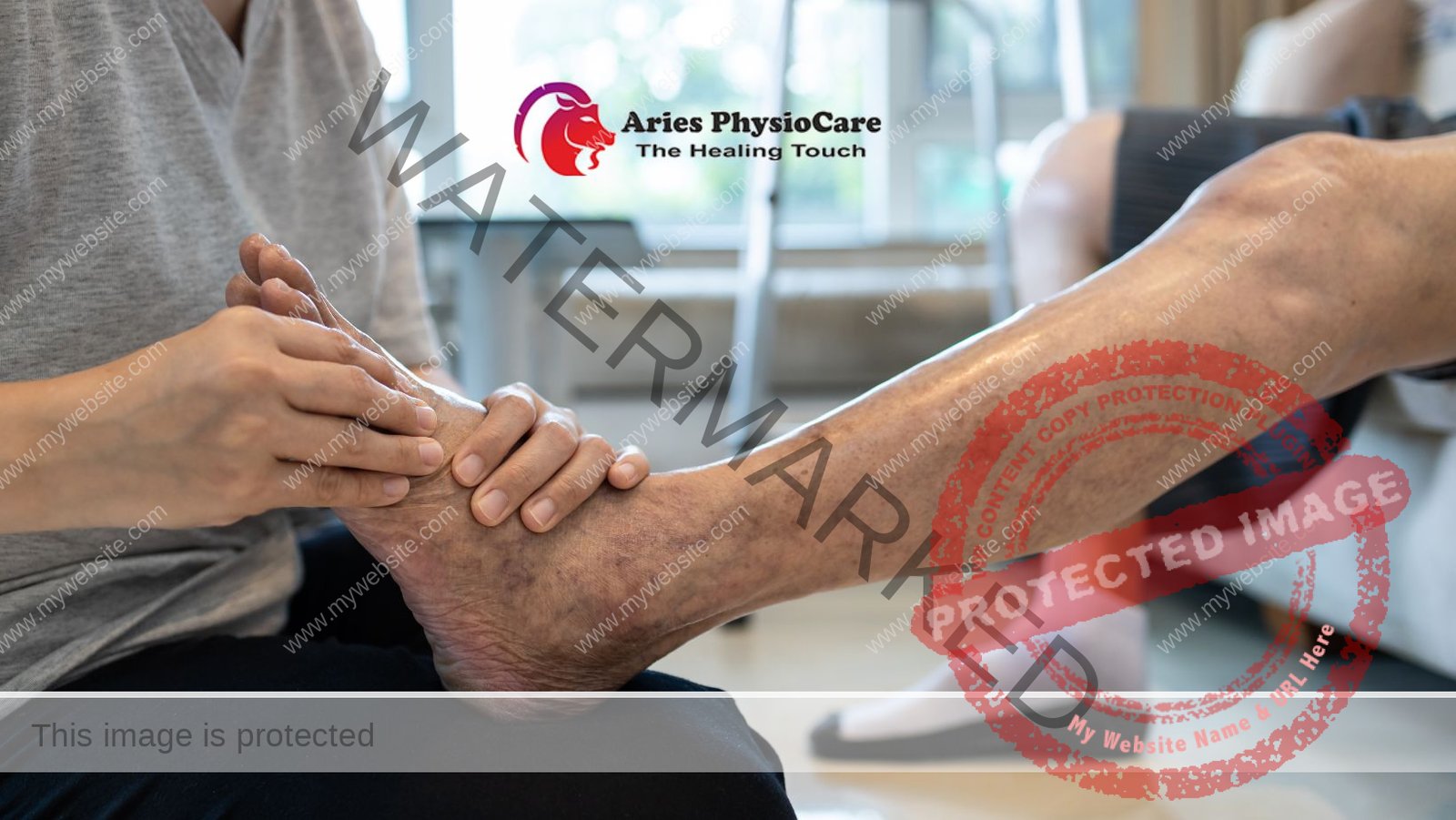Peripheral nerve injuries can be debilitating, causing pain, weakness, and loss of sensation. Whether the injury is a result of trauma, surgery, or a medical condition, the road to recovery can be challenging. However, with the right approach, including physiotherapy and targeted exercises, peripheral nerve regeneration can be facilitated.
Understanding Peripheral Nerve Regeneration
Peripheral nerves are responsible for transmitting signals between the brain, spinal cord, and the rest of the body. When these nerves are damaged, the body’s ability to communicate effectively is compromised. Peripheral nerve regeneration refers to the process by which damaged nerves repair and regain their functionality.
While the body has the capacity to regenerate nerves, the process can be slow and requires appropriate stimulation. This is where physiotherapy and specific exercises play a crucial role in promoting nerve regrowth and functional recovery.
The Role of Physiotherapy in Nerve Regeneration
Physiotherapy is a key component in the rehabilitation process for peripheral nerve injuries. A skilled physiotherapist can design a personalized treatment plan that includes exercises aimed at stimulating nerve regeneration.
The primary goals of physiotherapy for peripheral nerve injuries are:
- Promoting nerve healing and regeneration
- Reducing pain and inflammation
- Restoring muscle strength and function
- Improving coordination and balance
- Enhancing overall mobility and quality of life
Exercises for Peripheral Nerve Regeneration
Here are some exercises that can aid in peripheral nerve regeneration:
1. Range of Motion Exercises
Range of motion exercises help maintain joint flexibility and prevent stiffness. These exercises involve moving the affected limb through its full range of motion. Examples include wrist circles, ankle pumps, and finger spreads. It is important to start these exercises gently and gradually increase the intensity as tolerated.
2. Strengthening Exercises
Strengthening exercises are crucial for rebuilding muscle strength and function. These exercises target the muscles surrounding the affected nerve and help improve overall limb stability and function. Examples include resistance band exercises, weightlifting, and isometric exercises.
3. Sensory Re-education Exercises
Sensory re-education exercises focus on retraining the affected nerves to recognize and interpret sensory stimuli. These exercises can include activities such as texture discrimination, temperature differentiation, and object recognition. The goal is to improve sensory perception and restore normal sensory function.
4. Balance and Proprioception Exercises
Peripheral nerve injuries can affect balance and proprioception (the body’s awareness of its position in space). Balance and proprioception exercises help retrain the body’s ability to maintain stability and prevent falls. Examples include standing on one leg, balance board exercises, and heel-to-toe walking.
5. Coordination Exercises
Coordination exercises focus on improving the ability to perform complex movements and tasks. These exercises can include activities such as juggling, ball tosses, and hand-eye coordination drills. By challenging the affected limb with coordinated movements, nerve regeneration and functional recovery can be enhanced.
Consult with Our Expert Doctors at Aries PhysioCare
When it comes to peripheral nerve regeneration, it is essential to work with experienced healthcare professionals. At Aries PhysioCare, our expert doctors and physiotherapists specialize in the treatment and rehabilitation of peripheral nerve injuries.
Our team will conduct a thorough assessment of your condition and design a personalized treatment plan tailored to your specific needs. Through a combination of physiotherapy techniques, exercises, and ongoing support, we aim to optimize your recovery and help you regain your functionality.
If you are seeking the best physiotherapy service for peripheral nerve regeneration, don’t hesitate to reach out to our team at Aries PhysioCare. We are here to guide you through your recovery journey and provide the care and expertise you need.

